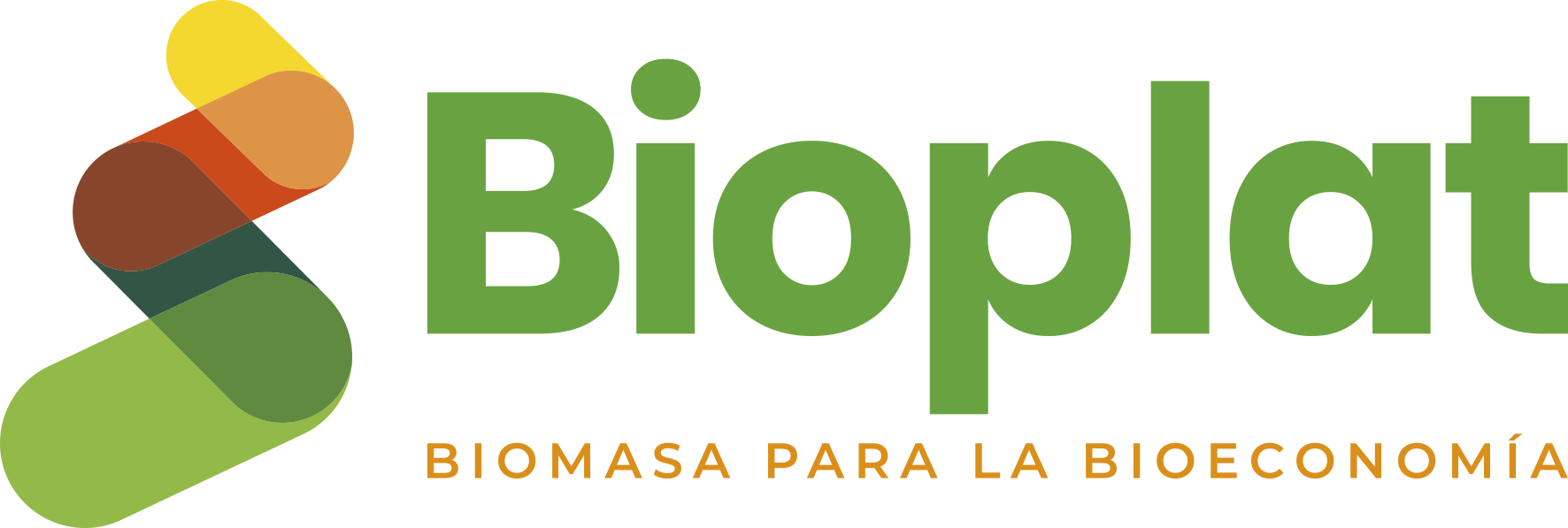17 Dec 2024
Spain moves towards an energy future based on coordination, collaboration and competitiveness
The 1st Energy Science, Technology and Innovation Forum, organised by the Committee of Energy Platforms, brought together experts, institutional representatives and key players in the energy sector on 12 December at the State Research Agency. This committee is made up of 12 technology and innovation platforms (REOLTEC, GEOPLAT, FOTOPLAT, PTECO2, CEIDEN, BIOPLAT, SOLPLAT, BATTERYPLAT, PTe H2, Solar Concentra, Futured and PTe EE).
The main conclusion of the conference was the importance of coordination, collaboration and the promotion of competitiveness among all actors in the energy sector, financing entities, public administrations and stakeholders. Only through this joint approach will it be possible to make progress towards the ambitious goals of decarbonisation and energy transformation.
On behalf of the Ministry of Science, Innovation and Universities, Domènec Espriu Climent, Director General of the State Research Agency, and Juan Antonio Tébar, Director of Innovation Policies at the Centre for Technological Development and Innovation (CDTI Innovation), emphasised the fundamental role of technology and innovation platforms as a link between administrations, companies and research centres. Both underlined the crucial moment the energy sector is going through and the need to promote innovation in order to guarantee national and European competitiveness and favour industrialisation.
Jordi García Brustenga, Director General of Industrial Strategy and SMEs of the Ministry of Industry, Trade and Tourism, highlighted the importance of the event and the need for coordination between ministries to address the double transition that Spain faces, the ecological and the digital. From the Ministry for Ecological Transition and the Demographic Challenge, Lucía Blanco Cano, Deputy Director General for Prospective and Energy Statistics, highlighted Spain’s competitive advantages, such as its renewable resources, technological talent and solid strategic framework.
Three thematic blocks were also developed: ‘Research and science to advance in the energy transition’, ‘Energy technologies: industrialisation and sovereignty’ and ‘Innovation in energy: where are we going?’, where representatives of technology and innovation platforms shared success stories and reflected on the need for coordination in order not to lose competitiveness with other countries, foster emerging markets and promote innovation.
The round table ‘Innovation for the energy transition in a context of tertiarisation of the Spanish economy’ was held, where experts discussed the specific challenges of energy technologies and the importance of collaboration between all the actors involved. Margarita de Gregorio, secretary general of BIOPLAT, highlighted the public-private collaboration to increase the industrialisation of Spain and the European Union, the need to bring science closer to companies and the challenge of maintaining the ambition in ecological transition while being competitive, the solution to which lies in innovation.
The event concluded with the announcement of the transfer of functions from the Spanish Hydrogen Technology Platform (PTe H2) to the Spanish Geothermal Technology and Innovation Platform (GEOPLAT), which will assume the coordination of the Energy Platforms Committee for the period 2025-2026.
Translated with DeepL.com (free version)
